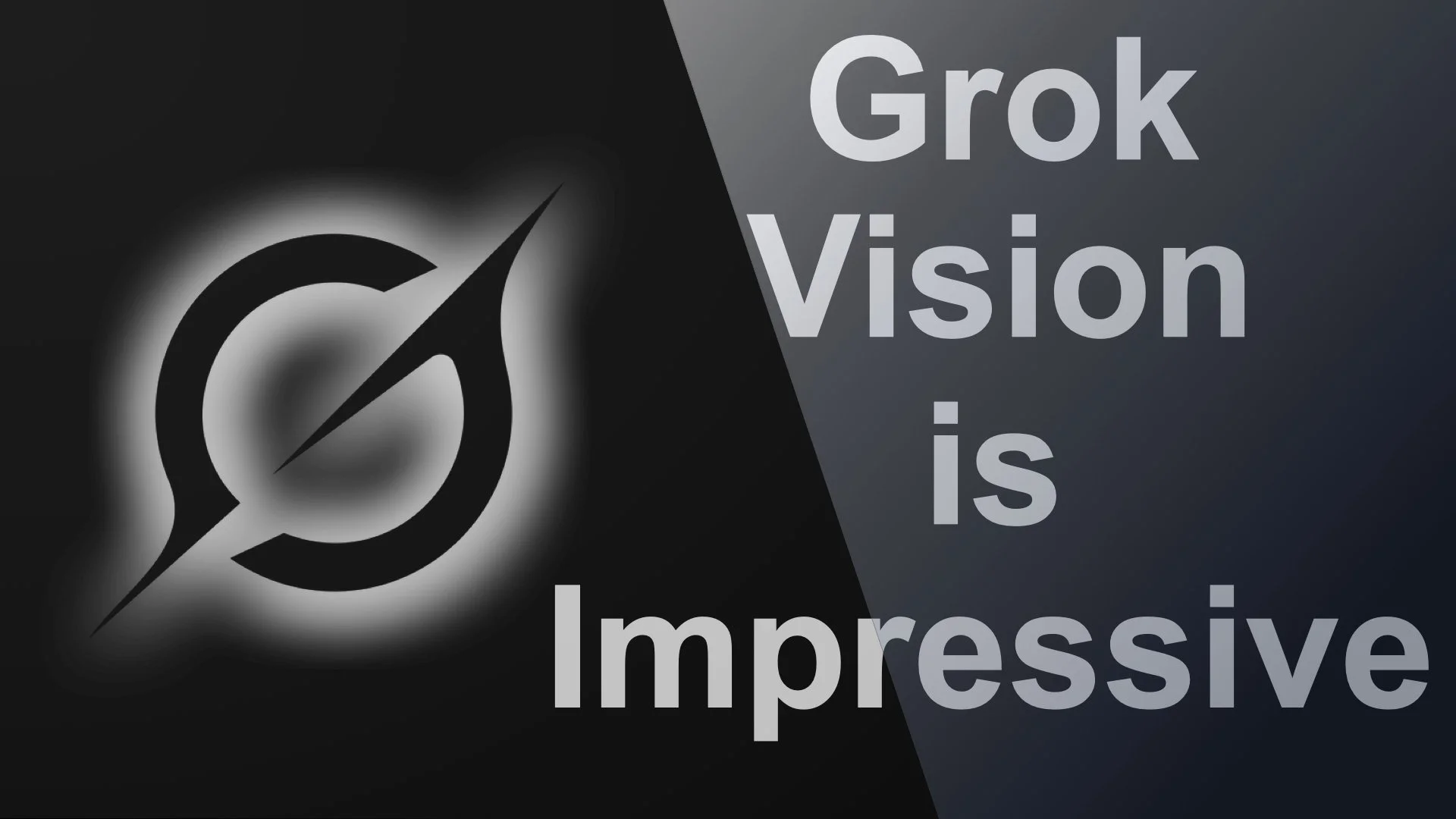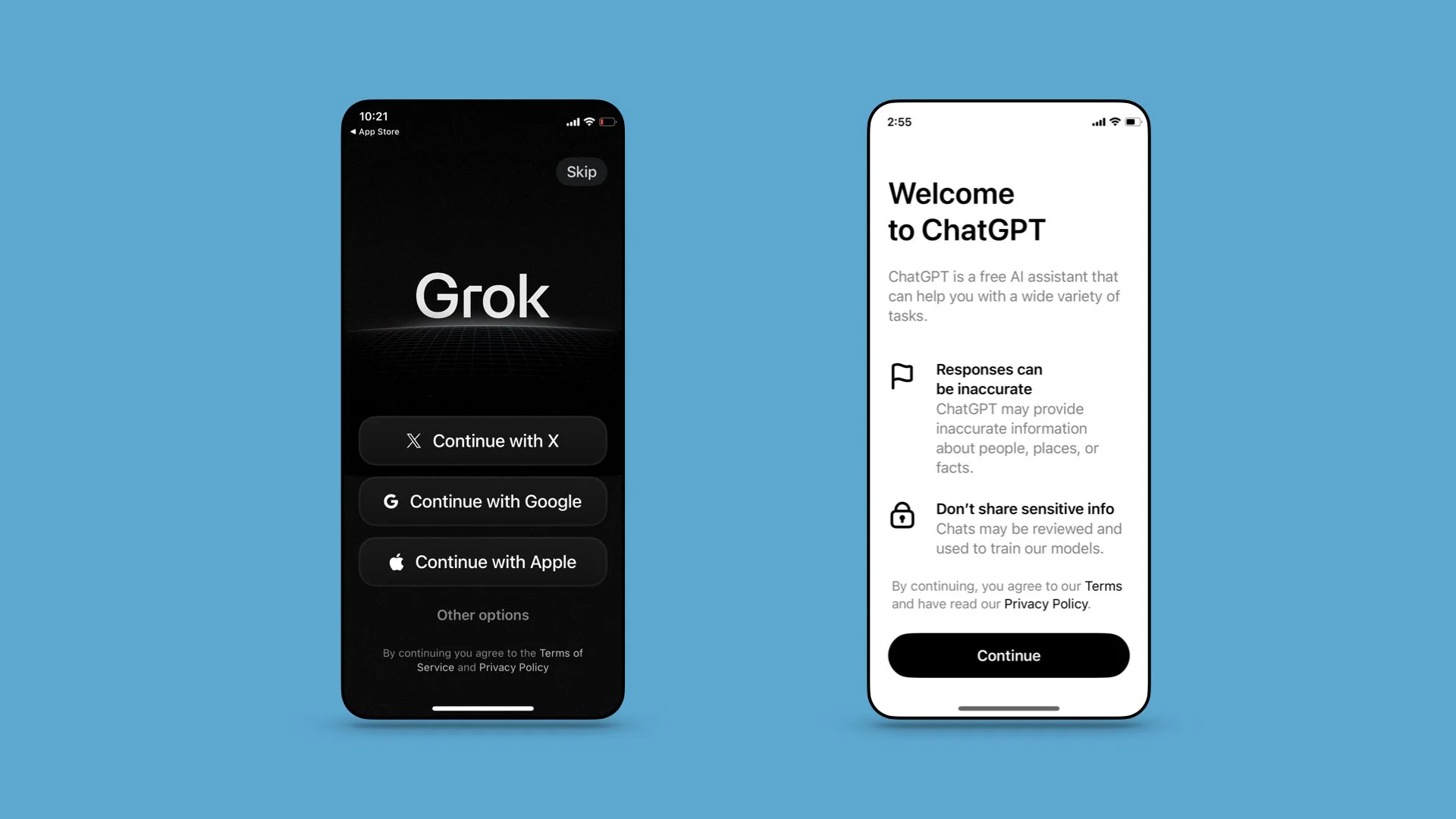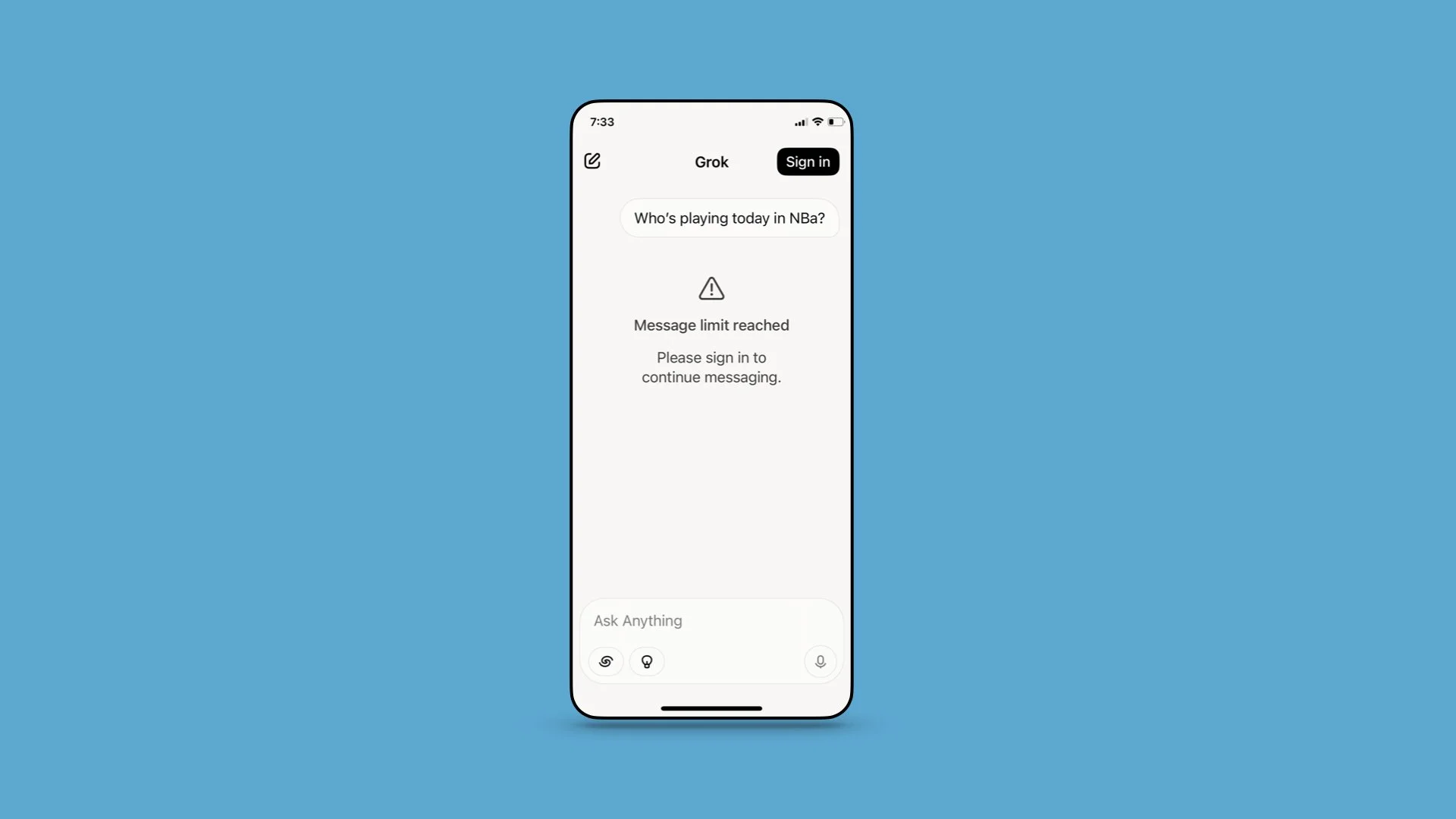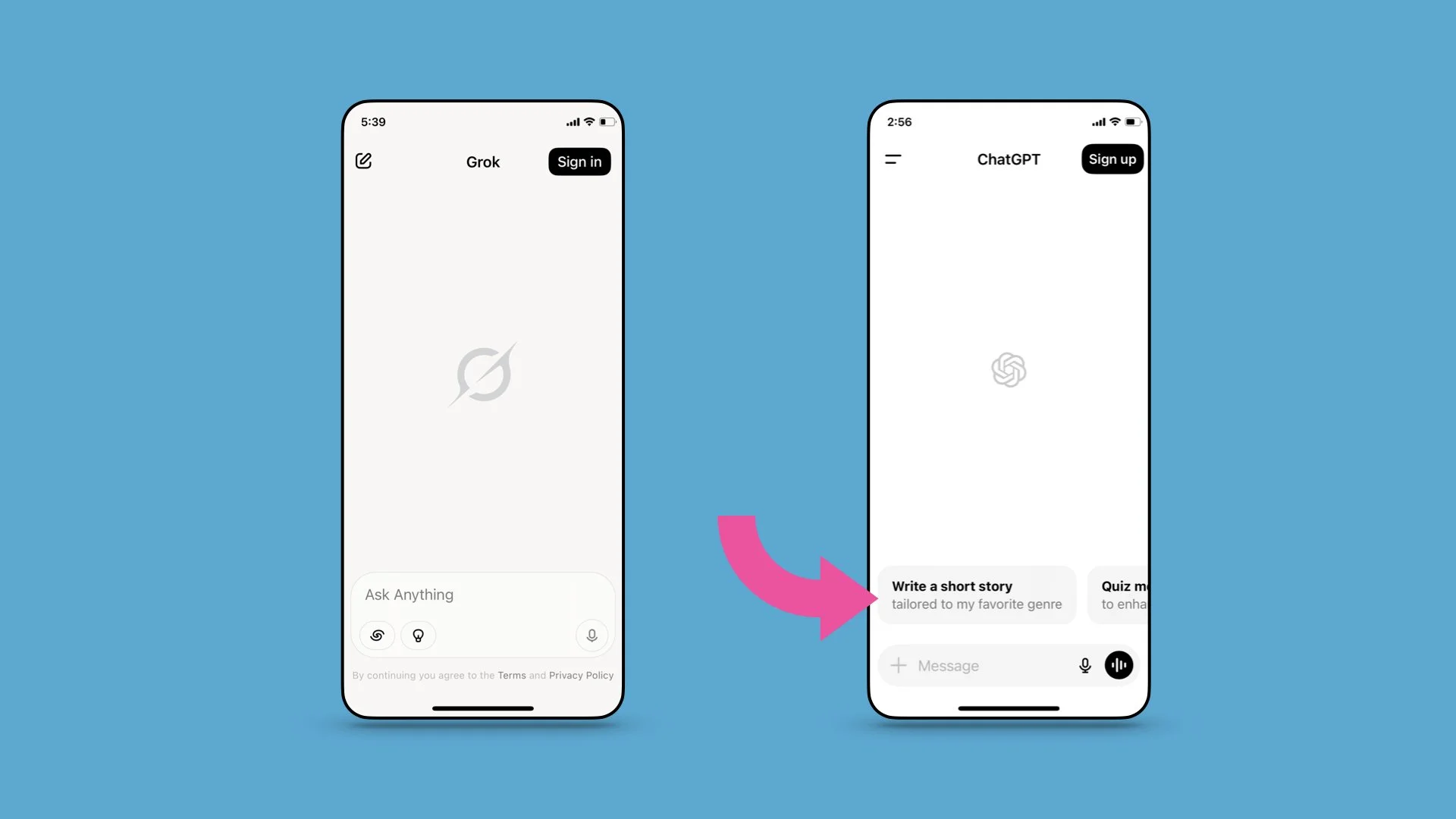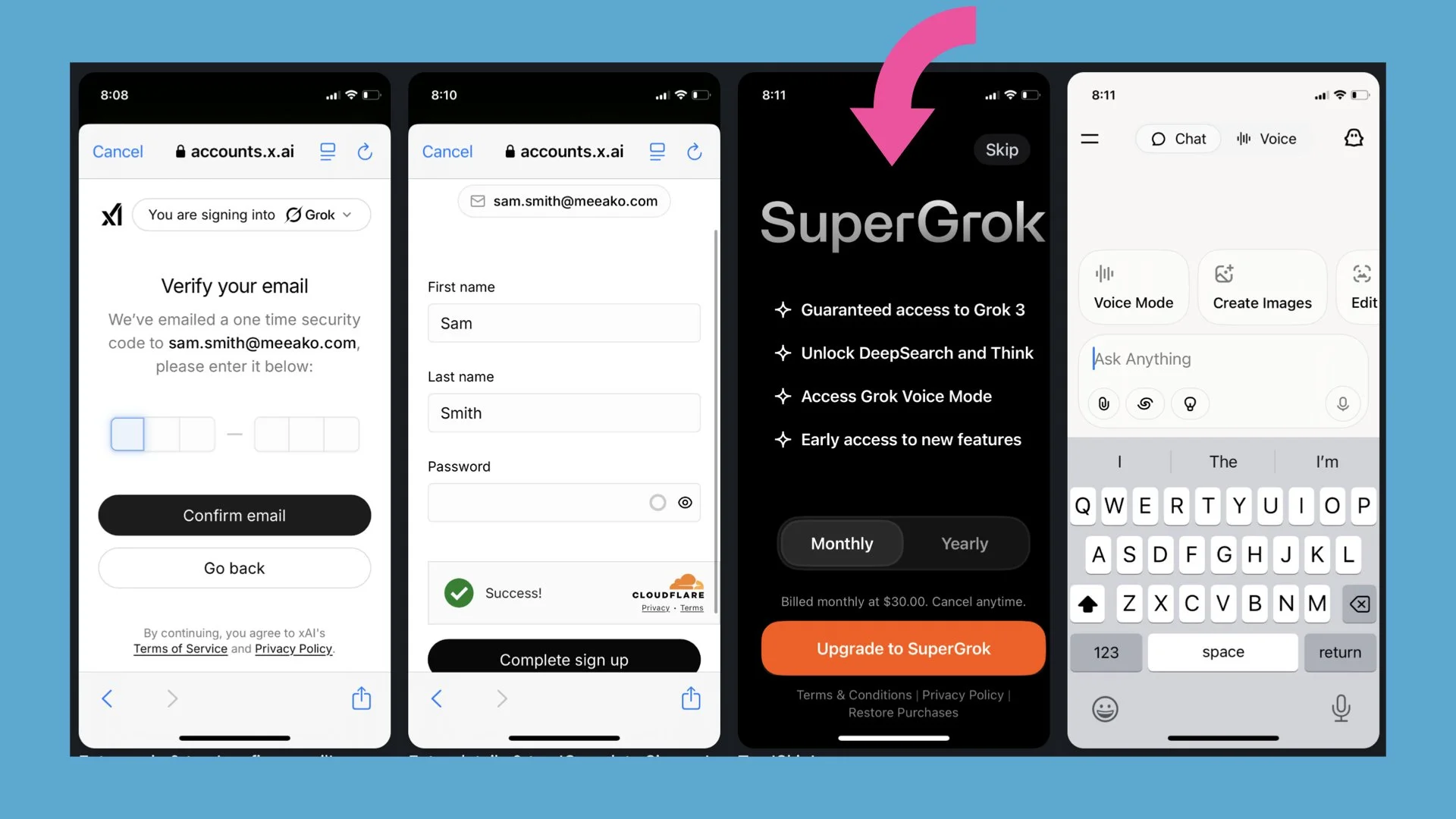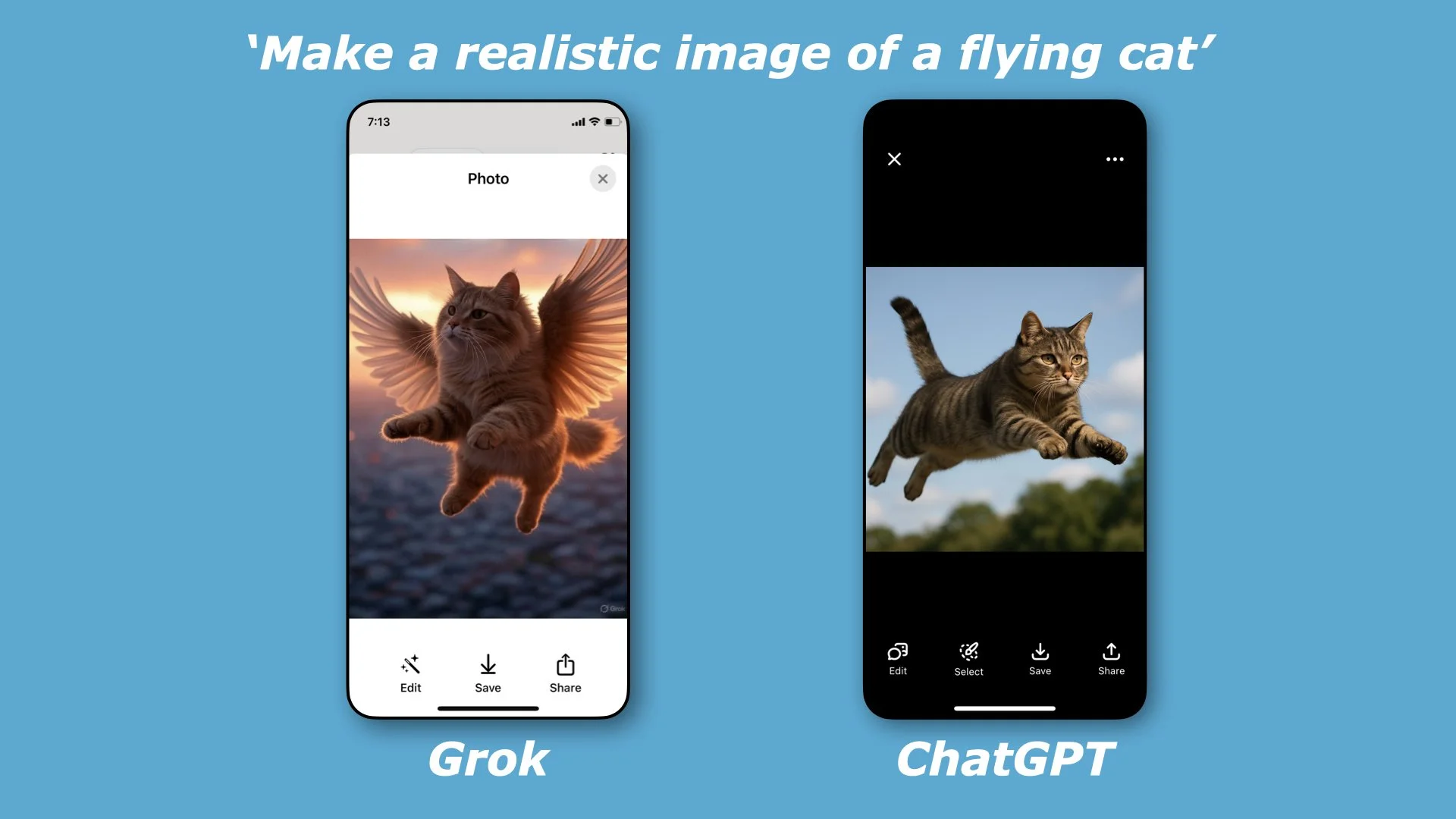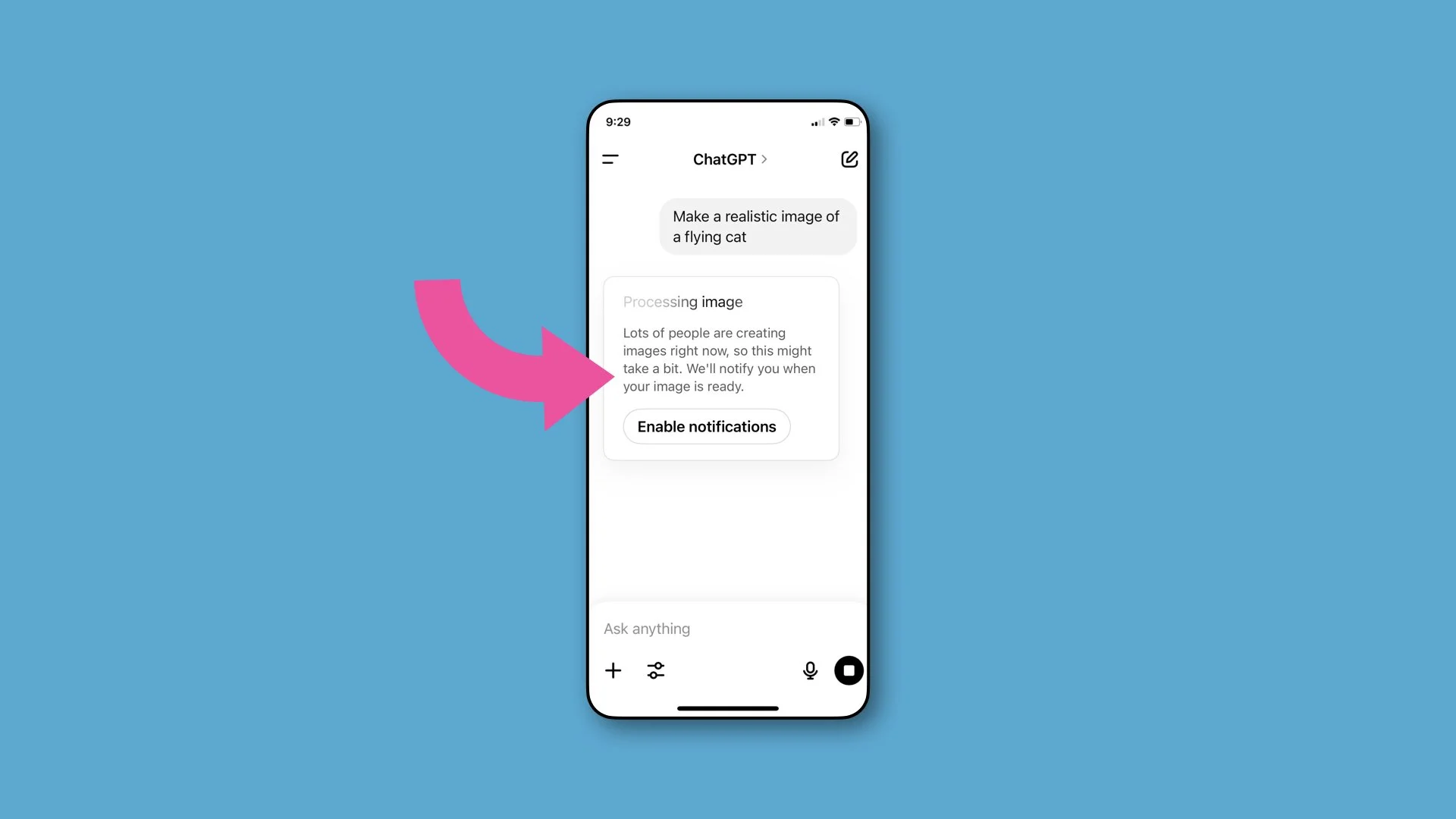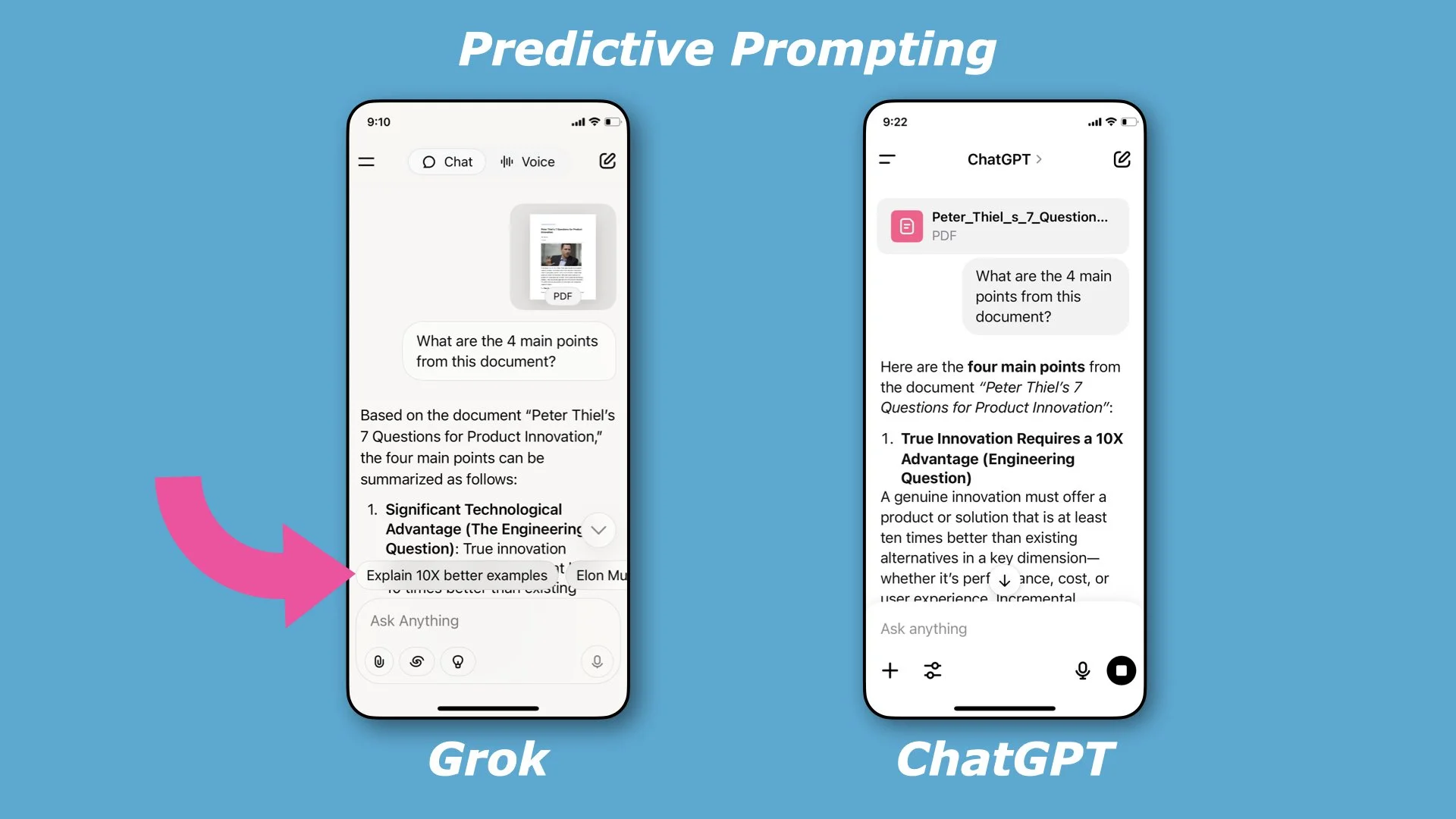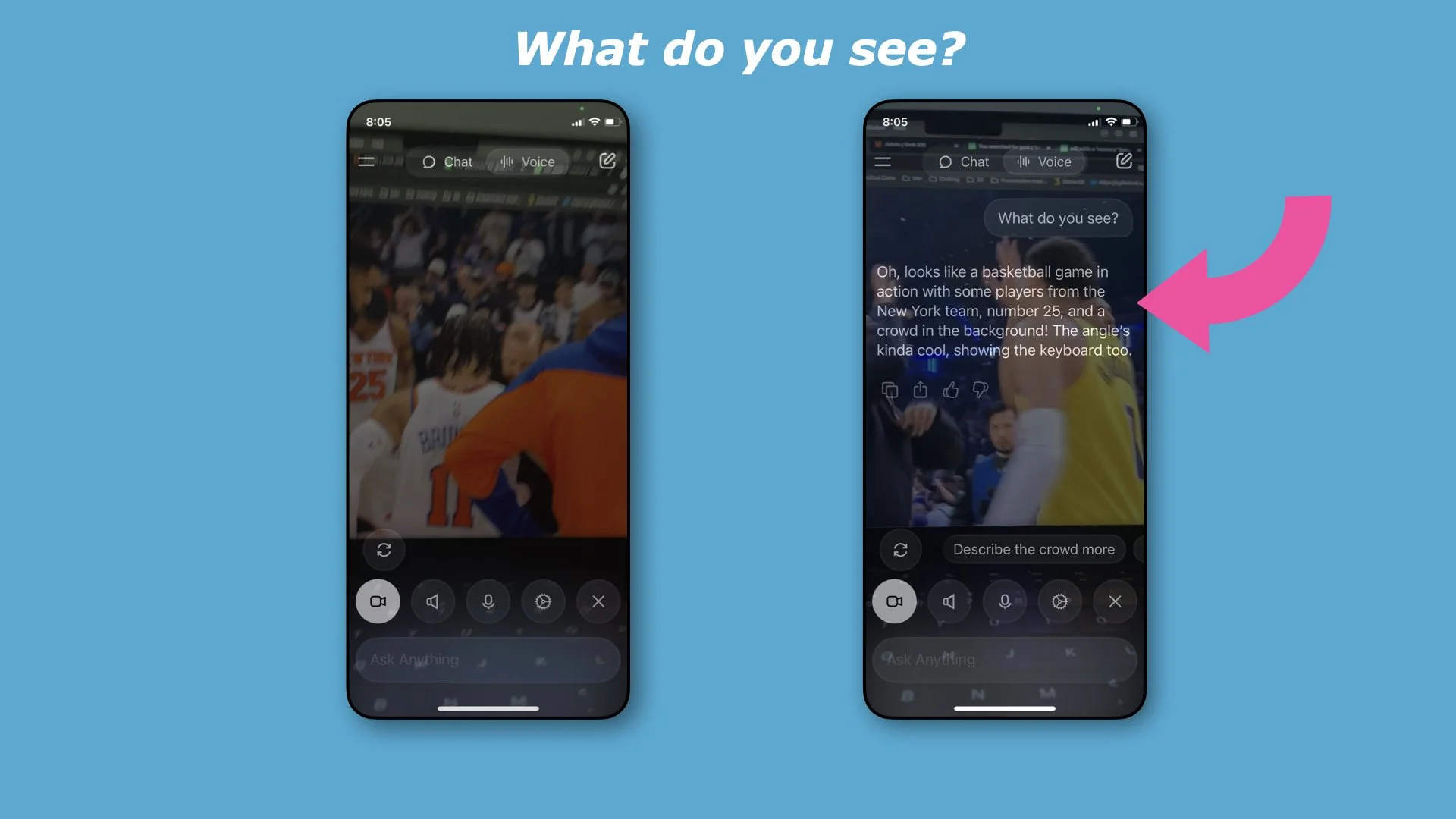Grok Review: Too Fast, Too Soon for New Users
This post is part of my “Exploring the Landscape of AI Assistants” series — see all the assistants I’ve reviewed.
This week I ended up exploring Grok app on my phone. So far, the only other AI assistant app I have reviewed is ChatGPT, so I will be comparing and contrasting Grok with it.
1. Getting Started
The app starts with a login screen i.e. it has "continue with" buttons allowing users to login to with X, Google, Apple or Email. I wonder the reasoning behind this decision? I mean,
Why not have a traditional (aka boring), "Sign Up" or "Login" screen? If the goal is to acquire new users, wouldn't it make sense to make it easier by having a "Sign Up" button on the main screen? Or, even better
Why not have a welcome screen which describes what the app does? ChatGPT has this flavor.
2. Guest Users Experience
Limited Version
I like that Grok allows guest users to experience the product value before committing to signing up or paying for the app. Users can click "Skip" button on the top right corner of the main screen. However, it offers a very limited version - e.g. only after 2-3 messages, I got a "message limit reach" error - asking me to login. If I were a new user to this AI assistant space, I don't think 2-3 messages would've been enough for me to understand the value prop.
Lack of Suggested Prompts
Here, struggling to understand the reason behind Grok not showing suggested prompts. As a new user, I usually love such helping tools — they make it easier to get started . It would’ve been helpful if Grok guided guest users with some sample prompts. ChatGPT provides suggested prompts to help guest users get started. Grok, by contrast, seems to assume users already know how to use the app.
Note: Grok does show suggested prompts to logged in users (i.e users who have created an account)
4. Create Images
Although, I didn't do an exhaustive or scientific test, I do think Grok did a better job at creating image - it was quicker and more creative.
I wonder if that's a strategic decision? Could it be because ChatGPT wants to push more users to Sora, its video generator that also allows the creation of hyper-realistic images?
Might take a bit
Unlike Grok, ChatGPT takes some time to generate an image. But I like how they use this opportunity to encourage users to enable push notifications on their devices. Once enabled, it will allow ChatGPT to push all sort of notifications, including new feature announcements, promotional offers or feedback surveys. I also like how ChatGPT gives a valid reason for this ask - enable notification if you want us to notify you when you're image is ready.
5. Update (Mid Aug 2025): Animate your Photos
Grok recently launched feature that let users animate their photos. I first came across similar features in a Meta AI, although it didn't animate the photos you shared, instead it animated the images it generated.
I really liked how real and close Grok's animated videos feel compared to the original photo.
https://rahulraghav.com/wp-content/uploads/2025/05/Grok-Animate-Photos-Demo.mp4
6. Update (Mid Aug 2025): Generate a Video
I’m not sure I’d call this generating a video — but I can see its potential.
https://rahulraghav.com/wp-content/uploads/2025/05/grok-ios-generate-video-using-prompts.mp4
7. Predictive Prompting
Grok and ChatGPT both offer the functionality to upload documents and analyze them. In my experience, ChatGPT was slightly faster at processing and looked more polished - I really liked its font family and styling. However, I liked Grok's user experience.
I love that Grok, as it answers your question from the document, automatically predicts follow-up questions and shows them as suggested prompts - something I have not seen ChatGPT do.
8. Grok Vision
This one blew me off!. Grok's ability to accurately explain in real-time what it see is remarkable. I have not studied other AI assistants yet (I plan to review Anthropic's Claude, Google's Gemini and Meta AI), so I’m not sure if they offer something similar — but as of this writing, ChatGPT doesn’t have this functionality.
I pointed my camera at an NBA game between the New York Knicks and the Indiana Pacers during a Knicks timeout hurdle. It not only identify the correct team and the crowd at the background, it also picked up my laptop's keyboard in the frame!
I wonder what different use cases this technology could unlock.

